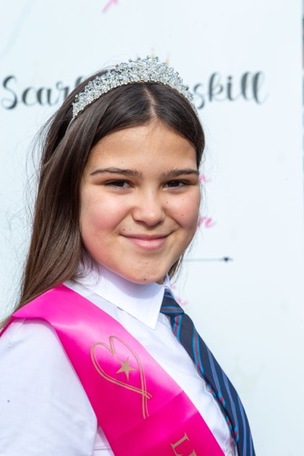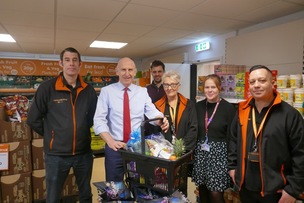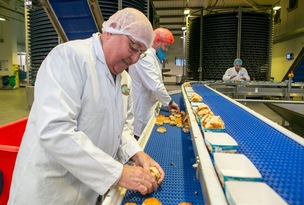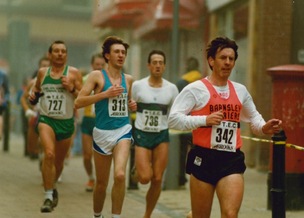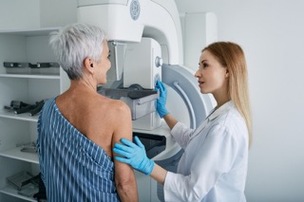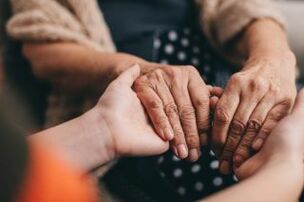THE rate of suicide in Barnsley is higher-than-average, according to latest figures, and health bosses will meet on Friday to discuss ways to bring the figures down.
The South Yorkshire and Bassetlaw Integrated Care System, which is a partnership of NHS organisations, local authorities and other related bodies across the region, has outlined a plan to reduce the number of suicides by ten per cent by 2021 and will launch its partnership with the Samaritans.
Barnsley’s latest suicide rate across people of all ages is 10.8 per 100,000, which is above the Yorkshire and Humber average of 10.4 and the national average of 9.9, and on average 24 residents take their own life per year.
When looking at men only, the rate jumps to 17.6 per 100,000, compared to 16.5 regionally and 15.3 per cent nationally.
However, a key part of the reduction project has included men aged between 35 and 64, whose rate jumped to 30.7, leading Barnsley Council to launch its ‘#AlrightPal?’ campaign which encourages people to ‘check in’ with others who they fear may be struggling.
A spokesman from the integrated care system said: “We know that one in three people who take their own life will have seen a mental health professional, one in three will have seen their GP and the remaining third will have seen no-one.
“This is a complex multi-faceted issue as there are many individual risk factors which lead to someone taking their own life.”
According to a five-year audit of suicides in Barnsley, 85 per cent were male, with 64 per cent aged between 30 and 59, 31 per cent were between 30 and 44 and 33 per cent were in the 45 to 59 bracket.
More than 42 per cent had no drugs or alcohol in their system, with 69 per cent dying in their own home.
In Barnsley, a lead health and well-being officer, specialising in mental health, is in post while the town’s area councils are all combining to prevent social isolation and subsequently reduce the likelihood of suicide.
Cabinet spokesman Coun Margaret Bruff said: “It’s a myth that talking about suicide is a bad idea as it will give somebody the idea to do it.
“In reality, people at crisis point often feel as though they don’t want to burden people with their problems, so they don’t discuss it.
“Asking somebody a simple question to check they’re all right offers support.
“Make sure they know you’re sincere and ask twice if you have to.
“It is a dreadful tragedy every time somebody takes their own life. It makes a devastating impact on their friends and family and also others who are involved in providing support and care.
“The #AlrightPal? campaign is such a simple but effective initiative.
“It reminds people that their unassuming efforts of taking the time to listen to somebody can go a long way in changing the outcomes of somebody who is struggling with their mental health.
“If you begin to recognise that a friend or colleague or whoever is acting unusual or seems down, you taking the time for them may just allow them to open up and seek the help and support they need.”


